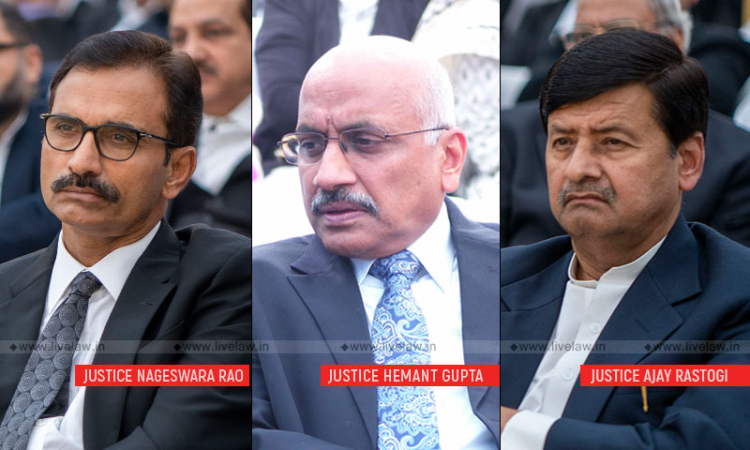Dismissal Of SLP Has No Consequence On Question Of Law: Supreme Court
LIVELAW NEWS NETWORK
4 Dec 2020 2:00 PM IST

Next Story
4 Dec 2020 2:00 PM IST
The Supreme Court has observed that the the dismissal of special leave petition is of no consequence on the question of law.In this case, the Division Bench of the High Court set aside the Single Bench judgment that allowed the writ petitions for the grant of 9/16 years' time bound revised promotional scale to the petitioners. The division bench had followed the dictum of the judgment in...
